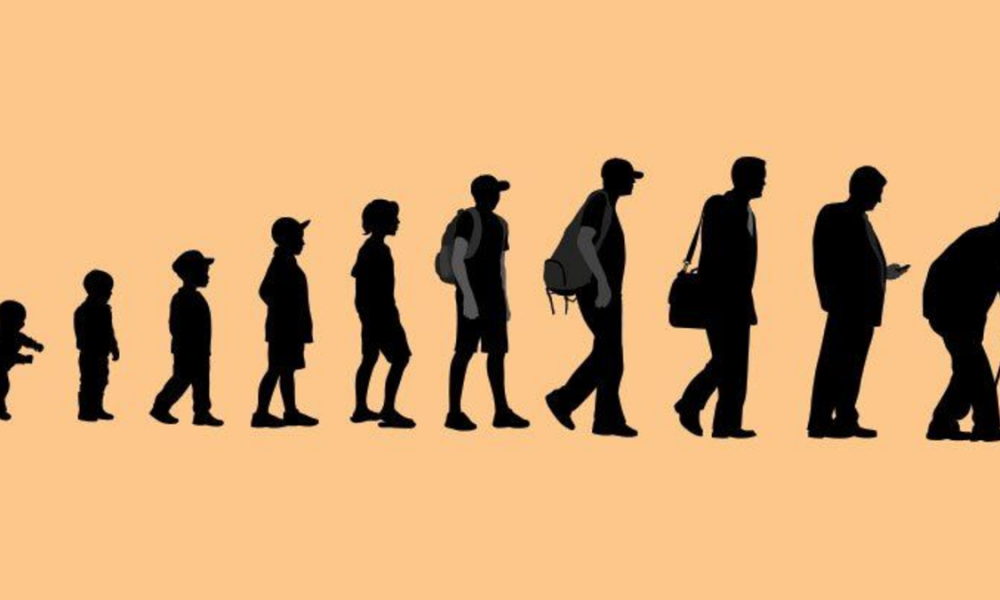The United States life expectancy dropped by 1.5 years in 2020, the largest decline since the 2.9-year reduction between 1942 and 1943.
What We Know:
- The Centers for Disease Control and Prevention (CDC) reported that the coronavirus contributed to the 74% depreciation of life expectancy from 77.8 years in 2019 to 77.3 in 2020. Out of all communities accounted for, Hispanic and Black ones garnered the worst downturns. African-Americans’ life expectancy fell by 2.9 years from 74.7 to 71.8 between 2019 and 2020. The last time the Black community saw a dramatic drop was in the 1930s, during the Great Depression.
- Although officials have not been recording Hispanic life expectancy as long, the 2020 statistics marked the largest one-year drop. U.S. Hispanics, who normally live longer than non-Hispanics, declined from 81.8 years to 78.8 years. Additionally, Hispanic males numbers drop 3.7 years; the coronavirus contributed to 90% of the Hispanic decline.
- Hispanic and Black groups additionally saw a lack of access to quality healthcare, crowded living conditions, and more people working lower-paying jobs that forced them to work during the worst parts of the pandemic.
- Another reason for the overall lower life expectancy was drug overdoses. In 2020, over 93,000 people, mainly white, died from excess drug intake, the highest number reported in one year. Additional causes include homicide and deaths due to diabetics and chronic liver disease.
- A study conducted by the British Medical Journal reviewed the life expectancy data of the U.S. and compared it with those of 16 countries. The research found the plummet between 2018 and 2020 was 8.5 higher than the other nations’ average decrease. As mentioned before, the drop notably affected Hispanic and Black people the most in these years.
- For several decades, the U.S. life expectancy skyrocketed; however, this increase stalled in 2015. It proceeds to fall to 78 years, 10 months in 2019, and continued dropping in 2020. Steven Woolf of the Virginia Commonwealth University School of Medicine told NPR the decrease was “horrific.”
- Some officials mentioned that the shocking data signifies issues in the country. Lesley Curtis, chair of the Department of Population Health Sciences at Duke University School of Medicine, told NPR that it would be impossible to look at these results and “not see a reflection of systemic racism in the U.S.”
She added a range of factors that promote the groups’ life expectancy decline, such as income inequality, racial inequality, the social safety net, and health care access.



